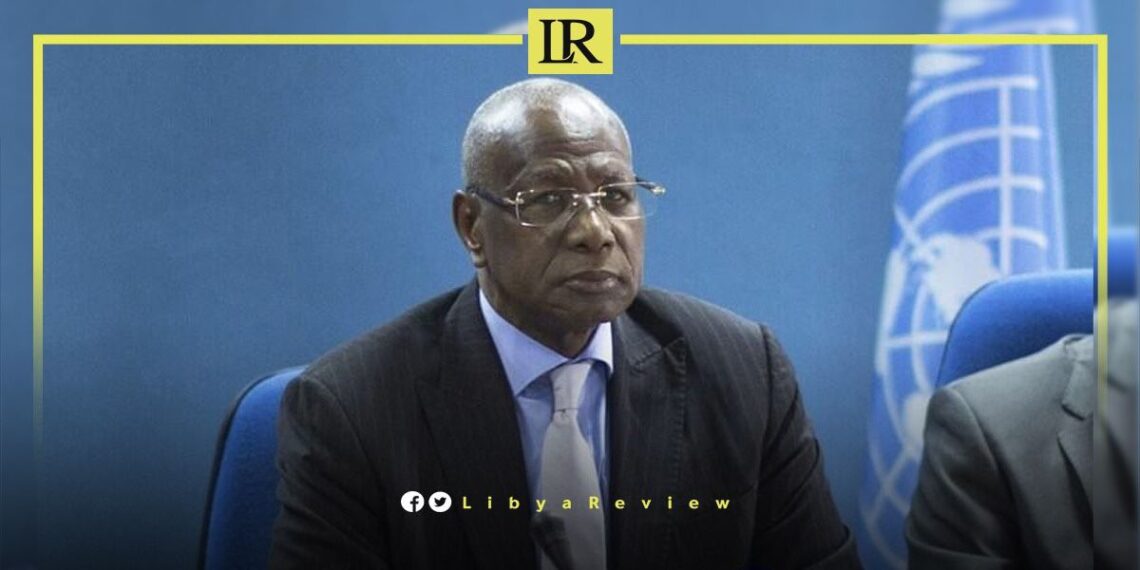In a striking critique, Omar Bouhreidah, the former Head of the Arab Maghreb Students and Youth Union, has labeled Abdoulaye Bathily, the Head of the United Nations Support Mission in Libya (UNSMIL), as the least effective envoy in Libya. Four months after calling for Bathily’s resignation, Bouhreidah now firmly believes that the United Nations (UN) Envoy’s approach has only served to exacerbate the complex Libyan situation.
Bouhreidah’s concerns, voiced through a Facebook post, highlight a perceived lack of expertise and understanding of the Libyan context by Bathily. Bouhreidah accuses Bathily of dragging out the crisis through time-wasting maneuvers and the creation of additional hurdles, failing to bring about any positive change or resolution.
Further compounding the criticism, Bouhreidah described Bathily’s initiatives as “unbalanced,” accusing them of merely circulating the crisis rather than aiming for a substantive resolution. This stark assessment from a prominent former youth leader underscores the growing frustration among Libyan and regional observers with the international community’s efforts to mediate and resolve the ongoing conflict in Libya.
As the situation continues to unfold, the effectiveness of UN interventions in Libya remains under scrutiny, with calls for a more balanced and informed approach to navigating the country’s complex political landscape.
Libya has been in chaos since a NATO-backed uprising toppled longtime leader Moammar Gaddafi in 2011. The county has for years been split between rival administrations.
Libya’s economy, heavily reliant on oil, has suffered due to the ongoing conflict. The instability has led to fluctuations in oil production and prices, impacting the global oil market and Libya’s economy.
The conflict has led to a significant humanitarian crisis in Libya, with thousands of people killed, and many more displaced. Migrants and refugees using Libya as a transit point to Europe have also faced dire conditions.


